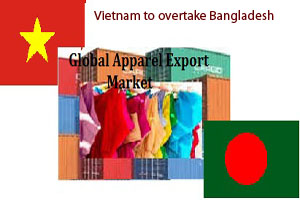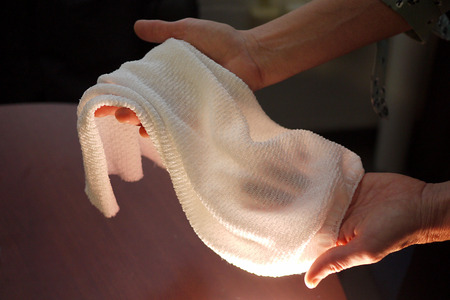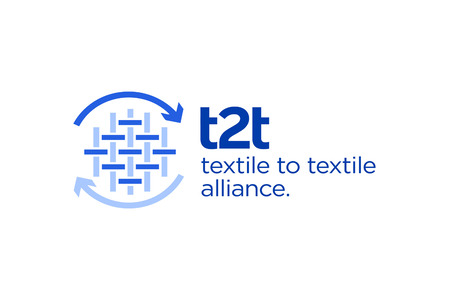
Vietnam likely to become second biggest EM apparel supplier surpassing Bangladesh
YarnsandFibers News Bureau 2015-02-09 16:00:00 – KUALA LUMPURVietnam apparel industry to benefit from Trans Pacific Partership agreement (TPP) according to a research report by Standard Chartered Bank. A wave of foreign investment in Vietnam’s textile industry has already begun, ahead of a potential TPP deal. On this basis, Vietnam likely to overtake Bangladesh in the global apparel export market share to become the second-biggest EM apparel supplier after China when its apparel exports swells to US$115 billion.
Based on StanChart’s forecast, Vietnam’s market share in apparel could rise to about 11 per cent from 4.0 per cent currently. A TPP agreement would also affect textile suppliers to the three economies.
Negotiations have yet to reach a conclusive level although it is targeted to be tied up in 2015, after two year-end misses.
The TPP free trade grouping consists of Vietnam, along with 11 others namely Australia, Brunei, Canada, Chile, Japan, Malaysia, Mexico, New Zealand, Peru, Singapore and the US.
According to StanChart researcher, TPP would be negative for Central American apparel manufacturers that are currently subject to “triple transformation†rules under NAFTA (North American Free Trade Agreement) and CAFTA-DR ( Dominican Republic- Central America-United States Free
Trade Agreement) to access the US market.
Negotiations between the US and Vietnam are underway on the terms of the trade agreement on apparel.
The US is understood to favour “yarn forward†rules, which implies that all stages of production, starting with yarn spinning, must take place within a TPP country.
The push for “yarn forward†or strict Rules of Origin (ROO) requirements reflects the US government’s desire to protect its domestic textile industry from increased competition from non-TPP textile manufacturing countries.
Vietnam’s apparel industry has called for maximum flexibility via the “cut and sew rule†which would give apparel manufacturers the flexibility to source yarn and fabric from lower-cost destinations (including non-TPP countries), requiring only assembly of the final product to be done in the TPP country.
While the agreement with stringent ROO would not provide immediate gains for Vietnam’s apparel manufacturers, benefits would gradually boost the domestic textile industry.
Flexible ROO requirements would likely result in gains for Korea and Japan, the primary suppliers of textiles to Vietnam’s apparel industry. Whereas,
China and Hong Kong would likely see little impact, as they are big suppliers to all three countries (Vietnam, Bangladesh and Sri Lanka) and Asian suppliers such as India, Pakistan and Thailand, as well as some European countries, as they are preferred suppliers to Bangladesh and Sri Lanka would be likely losers.
Market Intelligence
Ask for free sample Report

experience
Customer Base
dedicated team
Countries Served Worldwide









